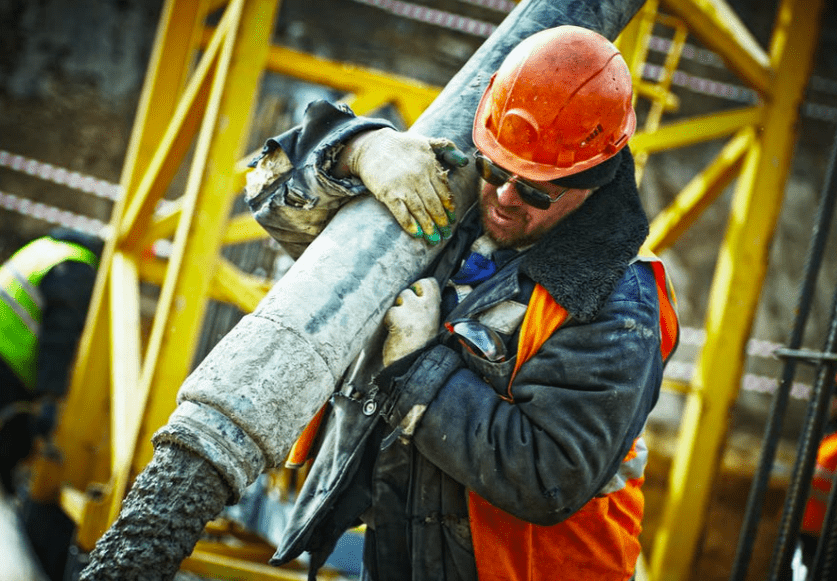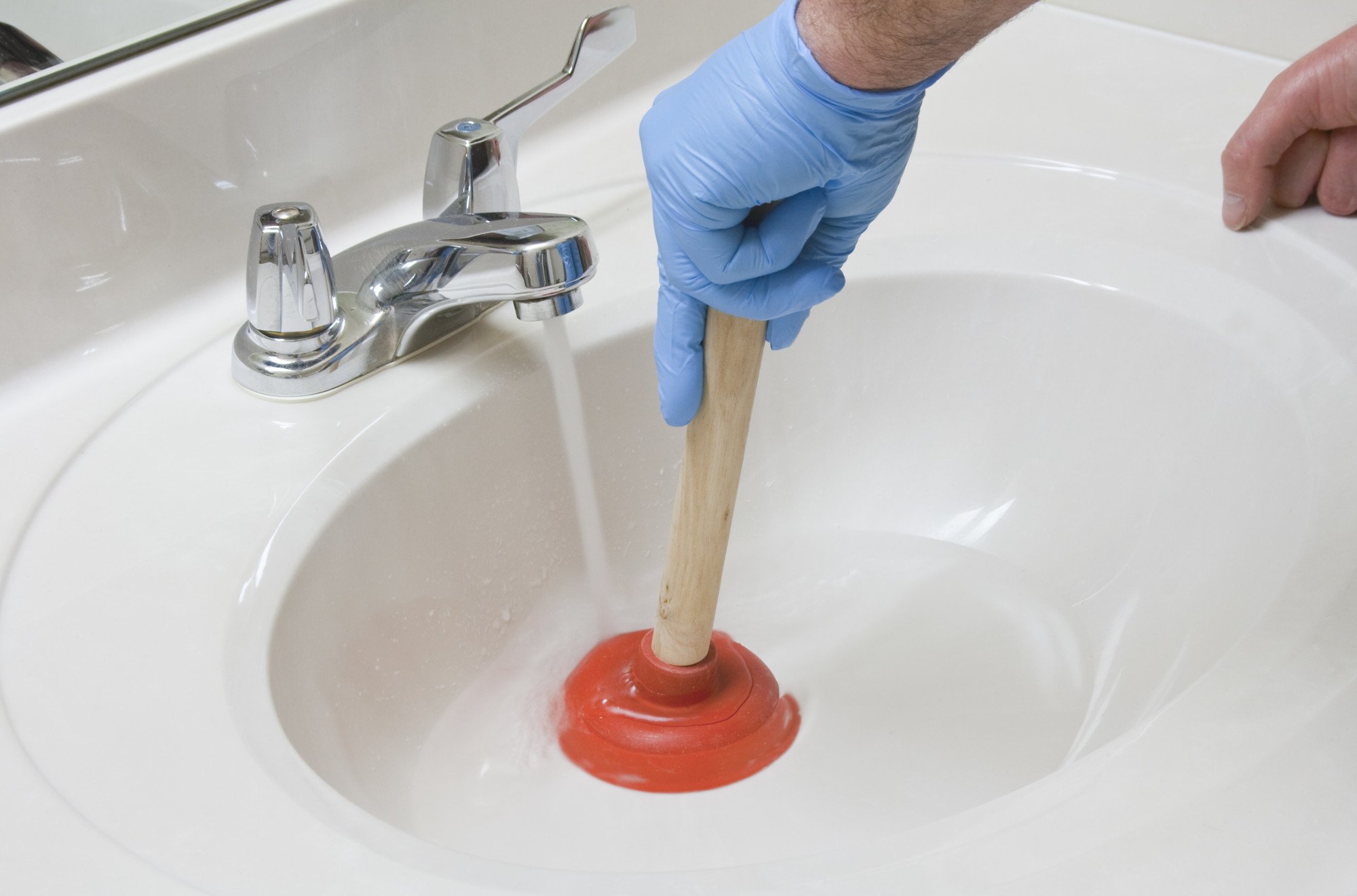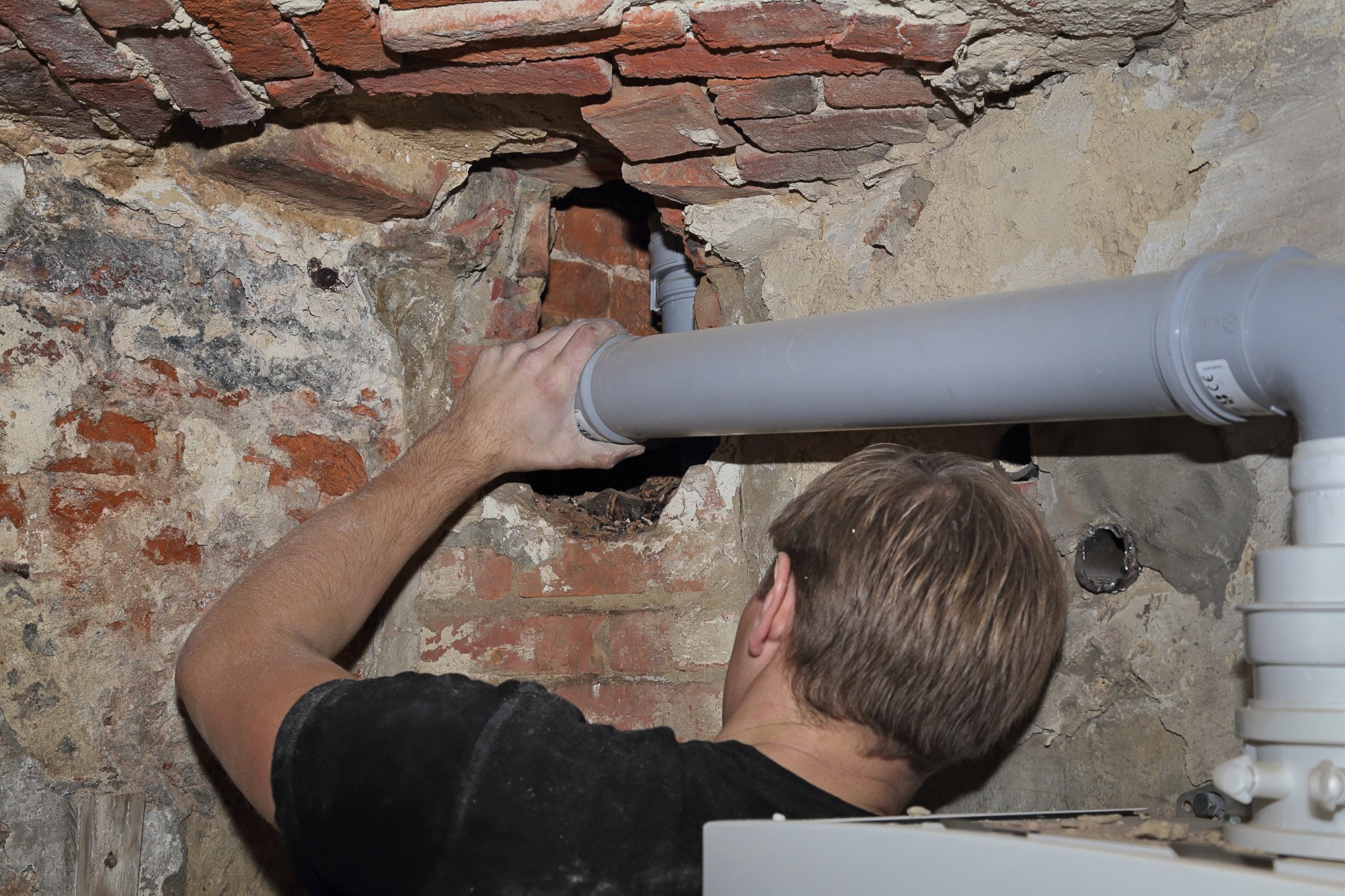Is excavation bad for the environment? According to Yale Environmental Health and Safety, excavation and other site disturbances can lead to soil erosion, site flooding, polluted soils, and many other adverse conditions. However, there are some cases where you simply cannot avoid excavating. One thing that can make the excavation process less destructive is using a hydro excavation service. Do you want to learn more about the reasons you should choose hydro excavation to remove debris?
Keep reading this guide to learn more about the top seven hydro excavation benefits.
1. Improves Safety
What is hydro excavation? Hydro excavation is a safe digging method that uses high-pressure water and vacuums to remove dirt. It is also known as soft digging, hydro-vac, and hydro trenching.
One of the biggest benefits of hydro excavation is that it is a much safer way to dig and excavate the soil. Because it is non-mechanical, it doesn’t require you to operate any heavy machinery.
Without this heavy machinery, there are fewer risks of injury! Plus, working inside a trench can be dangerous. Even just one square yard of dirt can weigh over 3,000 pounds.
Instead of working in a trench, the workers you hire will stay on the surface of the ground and out of the excavation zone. Hydro excavation equipment is also positioned far away from the actual site you are excavating, keeping workers out of the dangerous excavation zone.
2. Saves Money
Hydro excavation can also help you save money. This is because it requires much less labor to remove dirt during the excavation process. The smaller the workforce, the lower the costs for the project.
Because hydro excavation is very precise and efficient, it also takes much less time to dig trenches.
Plus, it prevents unnecessary damage to pipes and other surrounding utilities. This way, you will not have to pay to repair these underground utility lines after you have finished your excavation.
3. Increases Accuracy
When compared to traditional methods of excavation, hydro excavation is much more accurate. Rather than having to dig with large pieces of equipment, like a backhoe, a hydro excavator uses pressurized water and suction.
The water loosens the soil and turns it into a slurry that is easily vacuumed up into a disposal tank.
The high-pressure water makes it easy to focus the excavation exactly where you need it. Because of this, you can dig very small trenches without damaging other areas.
4. Prevents Damage
Since hydro excavation services are much more accurate when it comes to soil removal, they can also prevent damage. It is a non-destructive solution to mechanical excavation.
For example, most excavation equipment uses claws or shovels to remove dirt. This equipment can easily damage underground utility lines and pipes if it the proper precautions are not taken.
On the other hand, the pressurized water from a hydro-vac will not damage cables or pipes in this way. Whether you have water lines, sewer pipes, or even cable lines, you can use hydro excavation services without worrying about causing damage.
It makes it safe to excavate, even if you don’t know what is underneath the ground.
Not only can hydro excavation prevent damage to utility lines, but it is also better for the environment. Because this method of excavation uses water, it is non-hazardous. It also doesn’t disturb the soil and doesn’t use chemicals or other hazardous materials.
This can prevent many issues, like soil erosion and polluted soil. It is also much less invasive, which means that it is safer for the ecosystems that are surrounding your project site.
5. Has Many Uses
Next, hydro excavation is very versatile. You can use this process in many different projects, whether it is for utility repair, construction projects, or even plumbing in your home.
Hydro excavation can be used for commercial, industrial, and residential projects. No matter what your excavating needs are, you can improve the efficiency by using a hydro-vac.
6. Offers Easy Waste Removal
Another great benefit of hydro excavation is that it makes it easy to remove the waste and soil that accumulates during the process. Because the dirt slurry is sucked up through a large vacuum, you do not have to worry about large piles of dirt being displaced on your property.
Instead, you can store the slurry in a large tank that is simple to drive away for disposal.
This will save a lot of time on project clean-up and will ensure that your property doesn’t look like it was a construction zone after the excavation is complete.
7. Increases Efficiency
Finally, hydro excavation services are much more efficient. As was mentioned before, it requires much less time and fewer laborers to excavate a site with a hydro-vac. Because it is less labor-intensive and relies solely on the equipment, it can be completed much more quickly.
It is also much faster because it doesn’t require soil to be transported after it is excavated. Rather than transporting the debris to dump sites, the displaced dirt will automatically be sucked into a debris storage tank for removal.
Hydro excavation can also prevent unnecessary interruptions. Because it will not damage the underground infrastructure, you can feel confident that your project will be completed without any delays.
Learn More About the Benefits of Hydro Excavation
Whether you need to excavate land for plumbing or any other digging projects, hydro excavation provides many benefits. Learning more about the benefits of hydro excavation can help you decide if it is the right choice for your needs.
If you need help with trenching or soft digging, Master Plumbing can help! Our team specializes in hydro excavation and can help you with your upcoming project.
Contact us today to learn more about the benefits of hydro excavation and to schedule your plumbing services.



